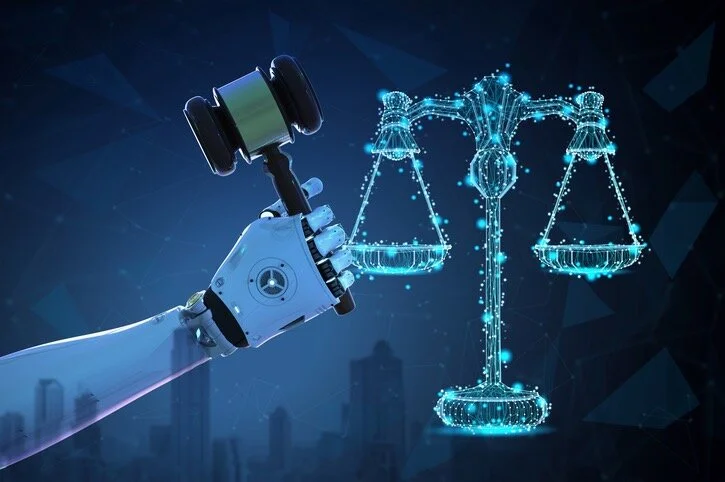Competition Law & Big Tech in 2020
iStock photo licensed
2020 is shaping up to be a year during which global regulators will increasingly scrutinize big tech and their operations against competition principles. For example, Qualcomm recently disclosed that the European Commission opened a third investigation into the company regarding allegations that it’s leveraging its dominance over chips needed for 5G connectivity to sell more of a related component.
For me, the most interesting areas of the law is where it intersects with data, emerging technologies and the 4th industrial revolution. Recently the US Department of Justice have sparred with the US FTC over the interrelation between patent law and competition.
Another area worthy of attention is the intersection of modern competition law and the business issues created by the “new economy” such as software manufacturers, Internet service providers, and those that provide communications equipment and services. One of the key cases on this issue is U.S. v. Apple, Inc. (2013) in which the court held that Apple conspired to raise the price of e-books in violation of the Sherman Act.
Some of the books that I highly recommend for those interested in catching up on this dynamic area of the law are as follows:
“Antitrust” (2nd edition) written by Richard A. Posner a legal giant in the field of economic legal theories and very influential judge of the US Court of Appeals for the Seventh Circuit. Judge Posner explains how competition law can be applied to issues created by the "new economy”;
“United States v. Apple: Competition in America” written by Chris Sagers on one of the seminal antitrust cases of recent times; and
“The Anti-Trust Enterprise: Principle & Execution” by Professor Herbert Hovenkamp that tries to offer a coherent and workable set of solutions for enterprises facing complex anti-trust issues.



